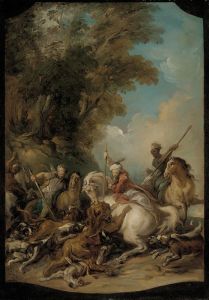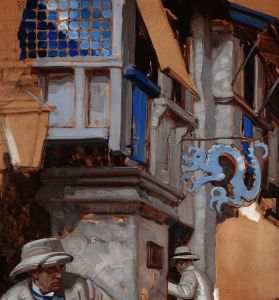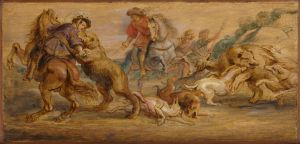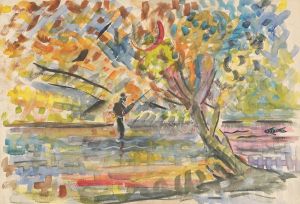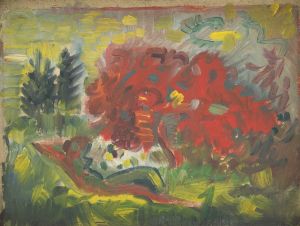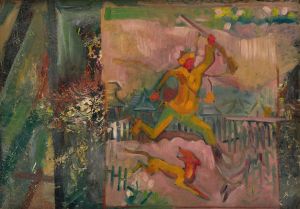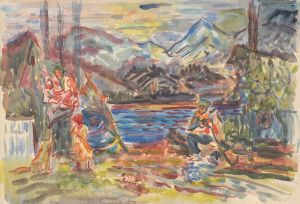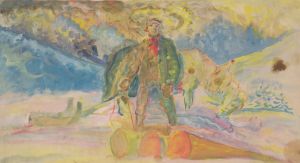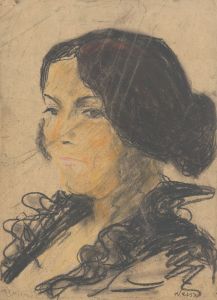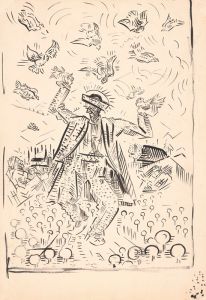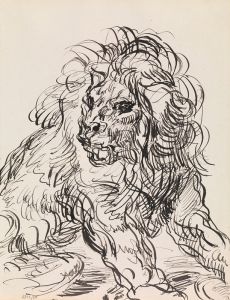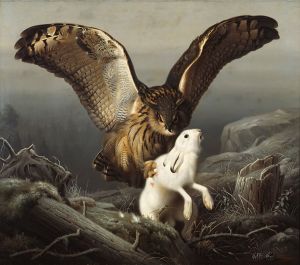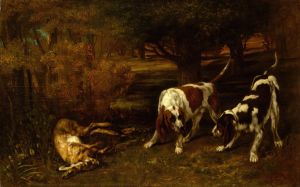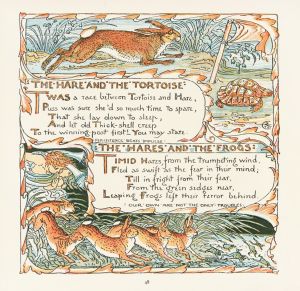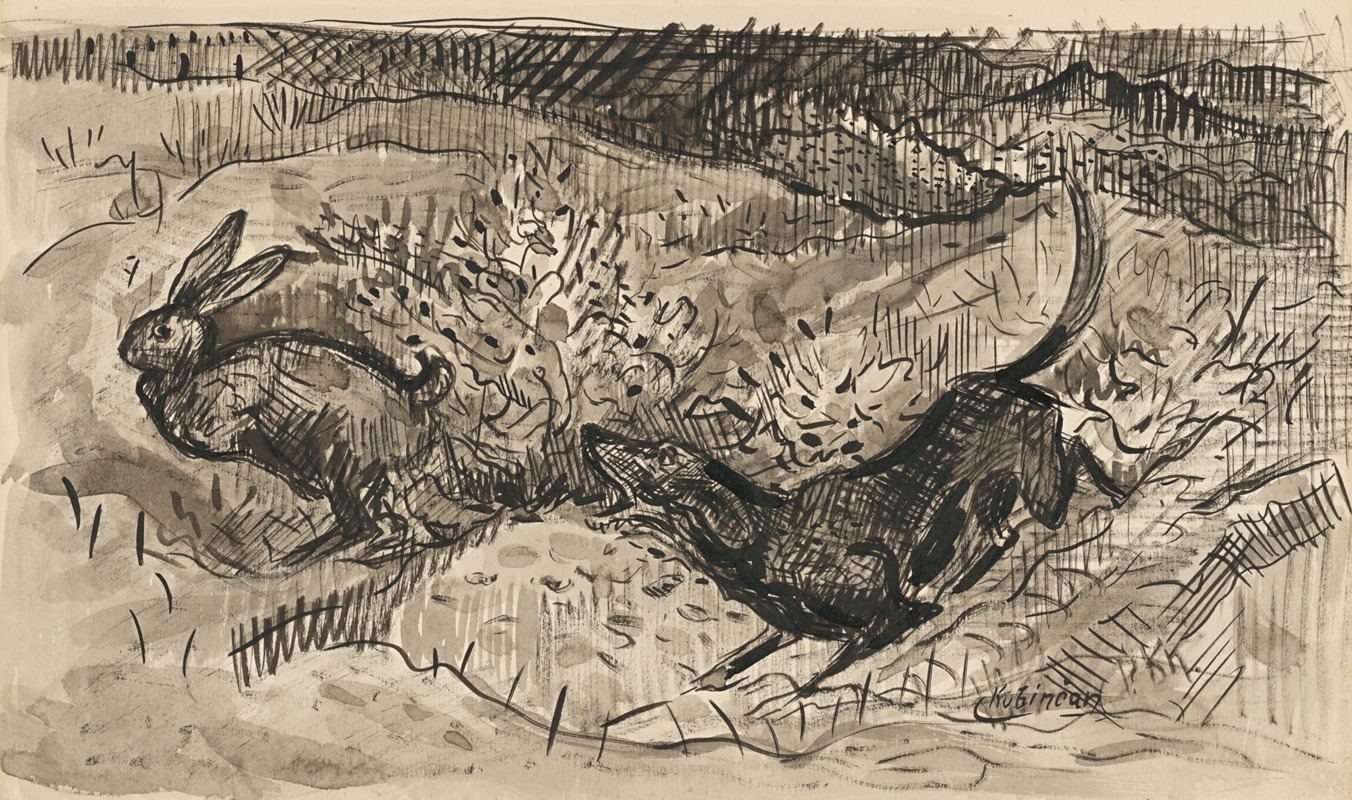
Hunting scene
A hand-painted replica of Arnold Peter Weisz-Kubínčan’s masterpiece Hunting scene, meticulously crafted by professional artists to capture the true essence of the original. Each piece is created with museum-quality canvas and rare mineral pigments, carefully painted by experienced artists with delicate brushstrokes and rich, layered colors to perfectly recreate the texture of the original artwork. Unlike machine-printed reproductions, this hand-painted version brings the painting to life, infused with the artist’s emotions and skill in every stroke. Whether for personal collection or home decoration, it instantly elevates the artistic atmosphere of any space.
Arnold Peter Weisz-Kubínčan was a Slovak painter of Jewish descent, known for his unique contributions to modern art in the early 20th century. Unfortunately, specific information about a painting titled "Hunting Scene" by Arnold Peter Weisz-Kubínčan is not readily available in historical records or major art databases. Weisz-Kubínčan's body of work, however, is noted for its exploration of themes such as identity, nature, and the human condition, often rendered in a style that blends elements of expressionism and symbolism.
Weisz-Kubínčan was born in 1898 in the town of Dolný Kubín, which was part of the Austro-Hungarian Empire at the time and is now located in Slovakia. He studied art in Budapest and later in Vienna, where he was influenced by the avant-garde movements of the time. His work often reflects the turbulent socio-political landscape of Central Europe during the interwar period, as well as his personal experiences as a Jewish artist in a region increasingly hostile to his heritage.
The artist's oeuvre is characterized by a vivid use of color and dynamic compositions, often depicting scenes that evoke a sense of emotional intensity and psychological depth. While specific details about "Hunting Scene" are not documented, it is plausible that such a work would align with Weisz-Kubínčan's thematic interests and stylistic tendencies. His paintings frequently incorporate allegorical elements, using natural and mythical motifs to explore existential themes.
Tragically, Weisz-Kubínčan's career was cut short by the events of World War II. As the Nazi regime expanded its reach across Europe, the artist, like many others of Jewish descent, faced persecution. He was deported to a concentration camp in 1944, where he ultimately perished. This loss not only ended a promising artistic career but also left many of his works unaccounted for or destroyed during the war.
Despite the scarcity of surviving works, Weisz-Kubínčan's contributions to Slovak and European art are recognized posthumously. His remaining pieces are held in various collections, where they continue to be studied and appreciated for their artistic and historical significance. Efforts to document and preserve his legacy are ongoing, with art historians and institutions working to uncover and restore any lost or hidden works.
In summary, while specific information about "Hunting Scene" by Arnold Peter Weisz-Kubínčan is not available, the artist's broader body of work is celebrated for its expressive power and thematic depth. His life and art remain a poignant reminder of the cultural losses suffered during one of history's darkest periods.





